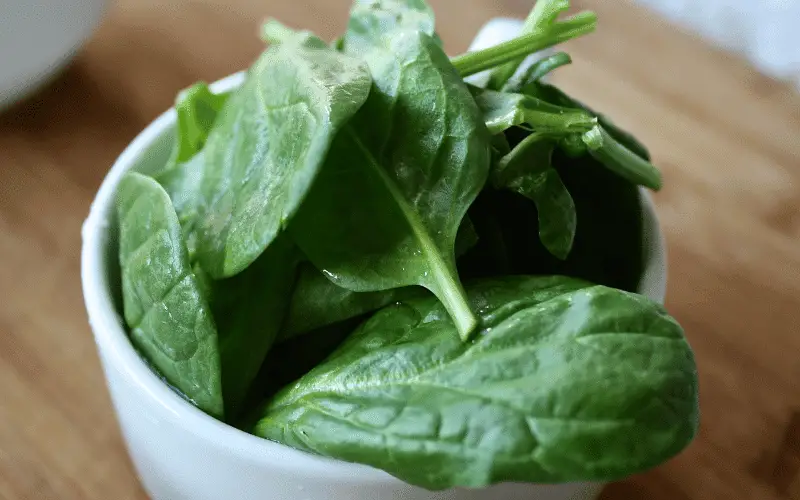Cause 2: High Oxalate Diet: How Certain Foods Contribute to Kidney Stones

A high oxalate diet can increase the likelihood of developing kidney stones, particularly calcium oxalate stones, which are the most common type. Oxalates are natural compounds found in various plant-based foods, including spinach, rhubarb, beets, nuts, and chocolate. When consumed in excessive amounts, oxalates can bind to calcium in the urine and form crystals, eventually leading to kidney stones.
Reducing the intake of high-oxalate foods is one way to minimize the risk of kidney stone formation. However, it is crucial to maintain a balanced diet and not eliminate these foods altogether, as many of them offer essential nutrients. Instead, aim to consume moderate amounts and pair high-oxalate foods with calcium-rich foods to decrease oxalate absorption in the body.
For example, adding calcium-rich dairy products like milk, yogurt, or cheese to a meal containing high-oxalate foods can help reduce the risk of stone formation. Furthermore, drinking plenty of water throughout the day can help dilute urine and prevent the buildup of oxalate crystals.
It is also worth noting that not all individuals are equally susceptible to kidney stones due to high oxalate intake. Factors such as genetics, underlying medical conditions, and gut health play a role in determining one’s risk. Consult with a healthcare professional or registered dietitian to determine the most appropriate dietary changes based on individual needs and predispositions.
In addition to dietary adjustments, certain supplements and medications can help prevent kidney stone formation in individuals at a higher risk due to high oxalate intake. Talk to your doctor about the potential benefits of these interventions and whether they might be suitable for your situation. (2)